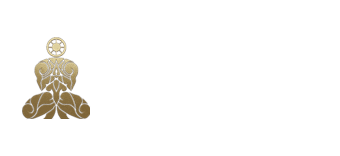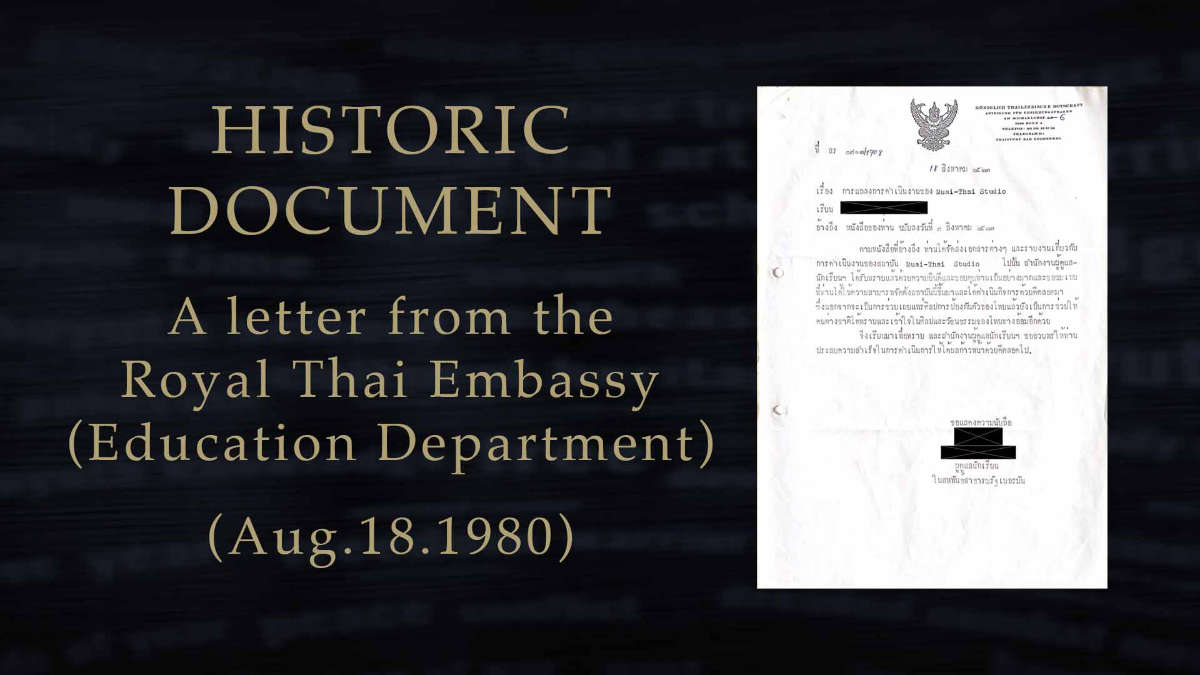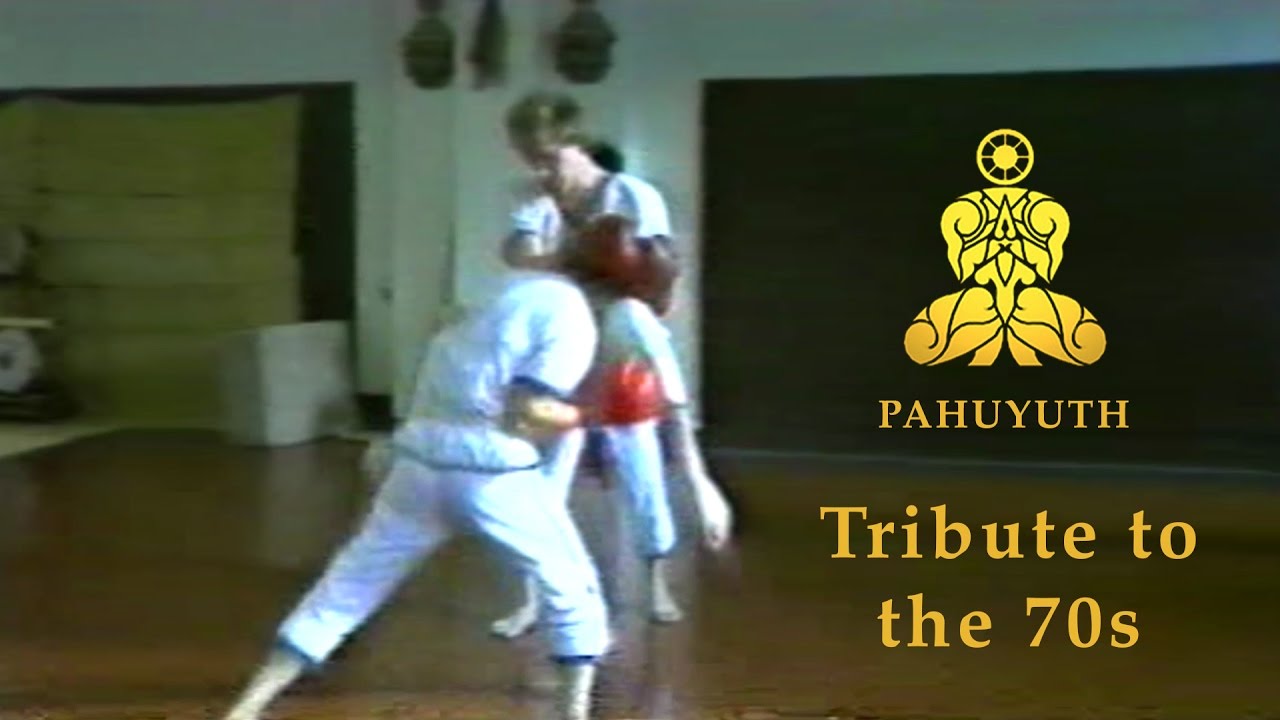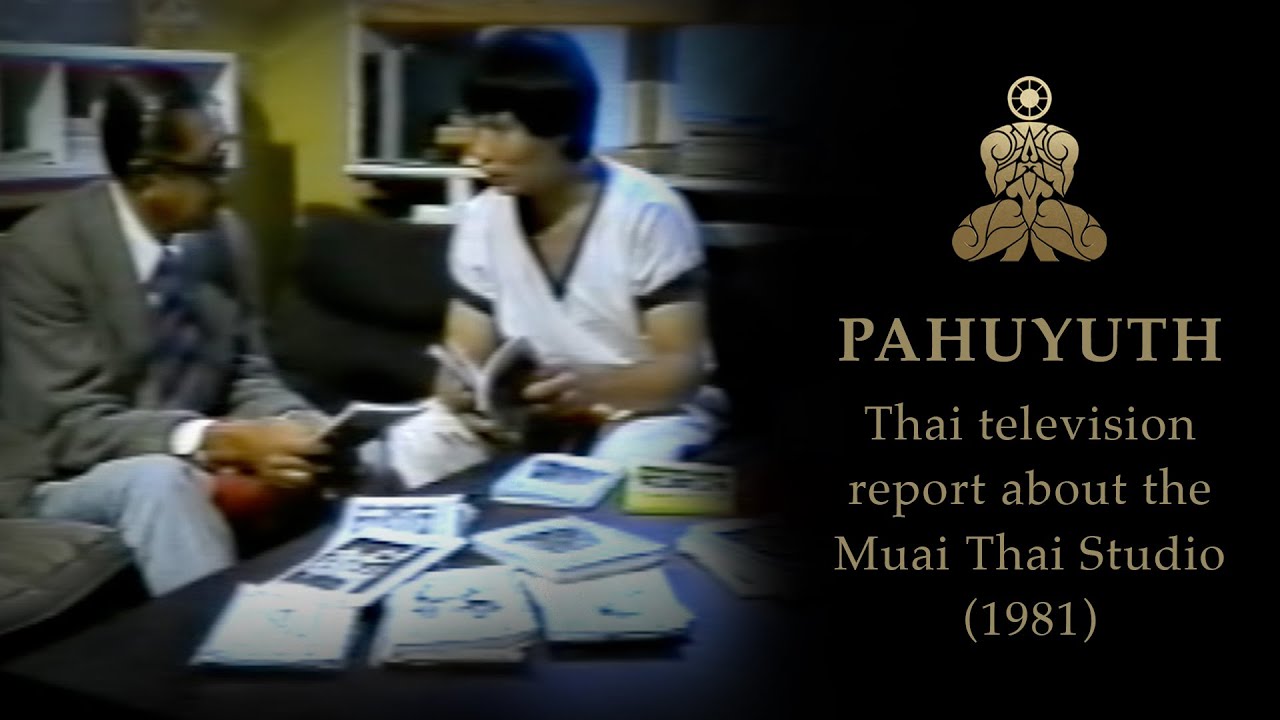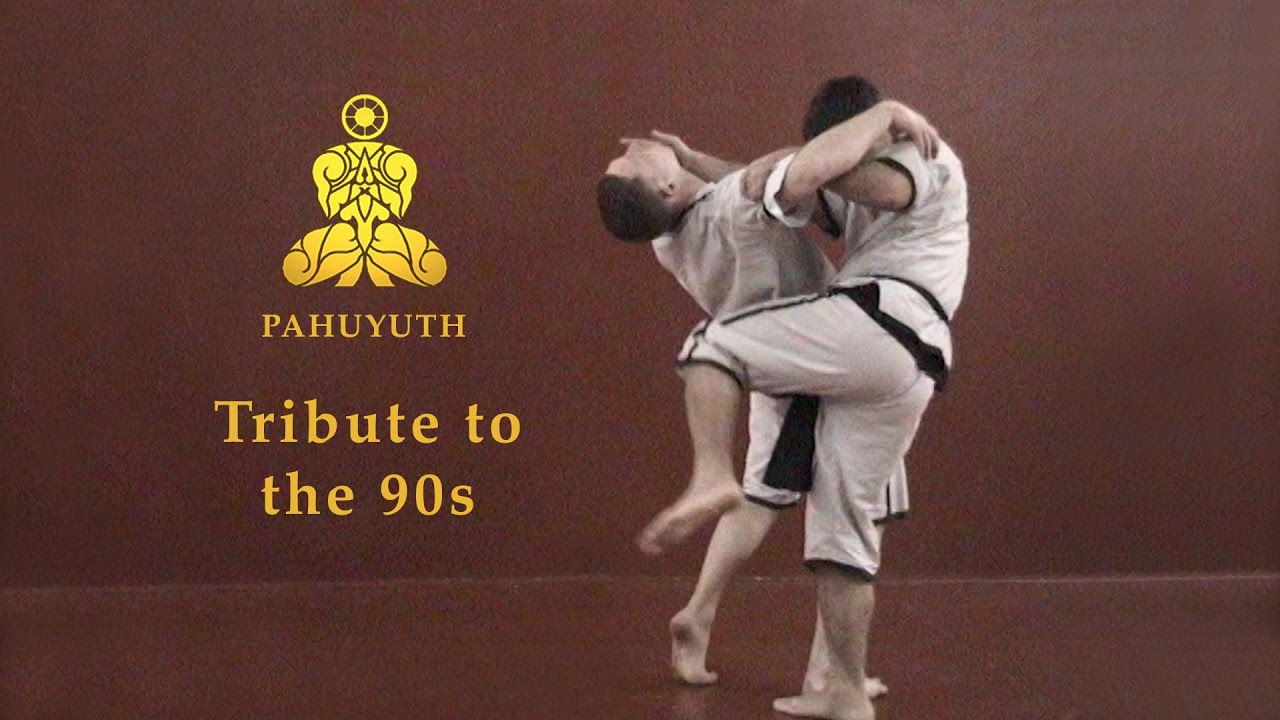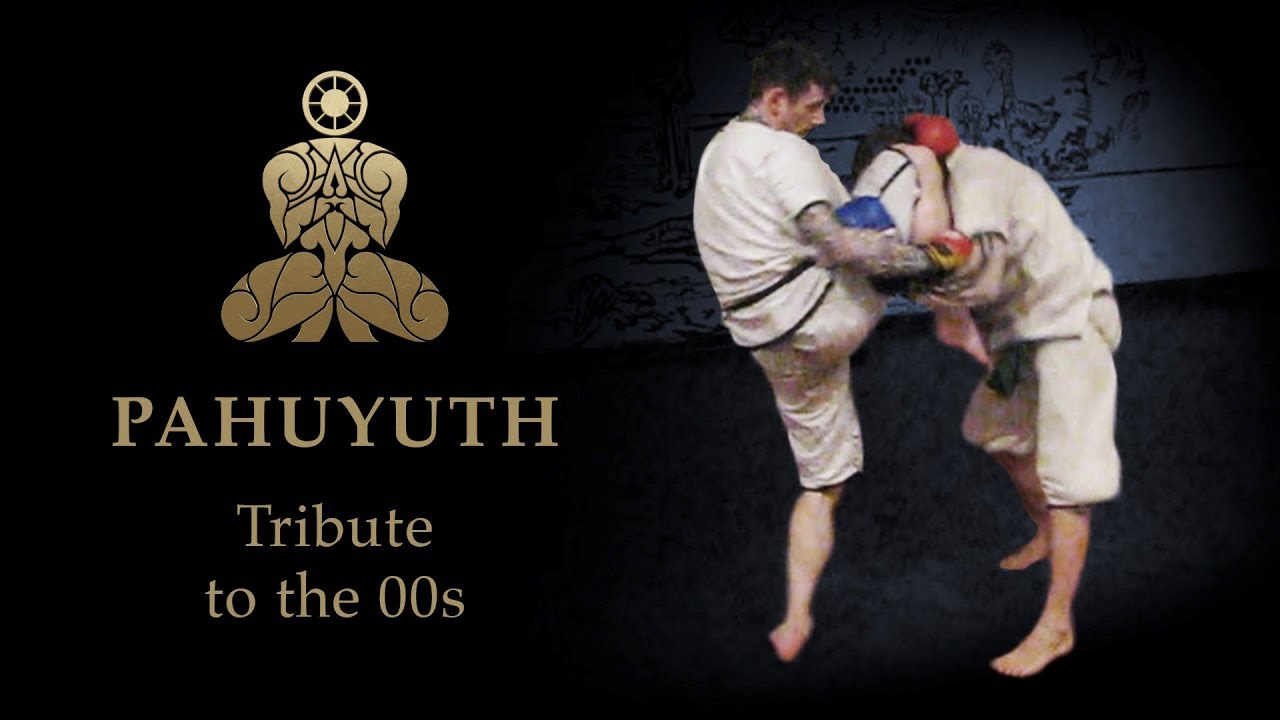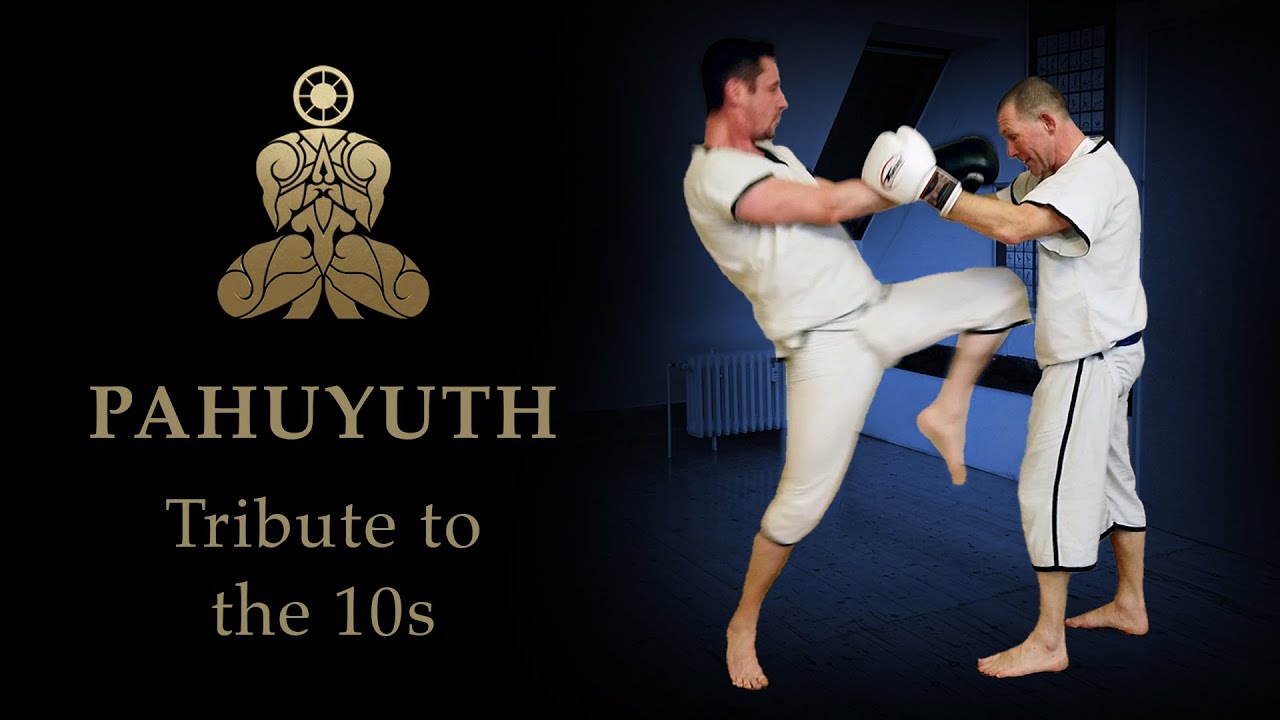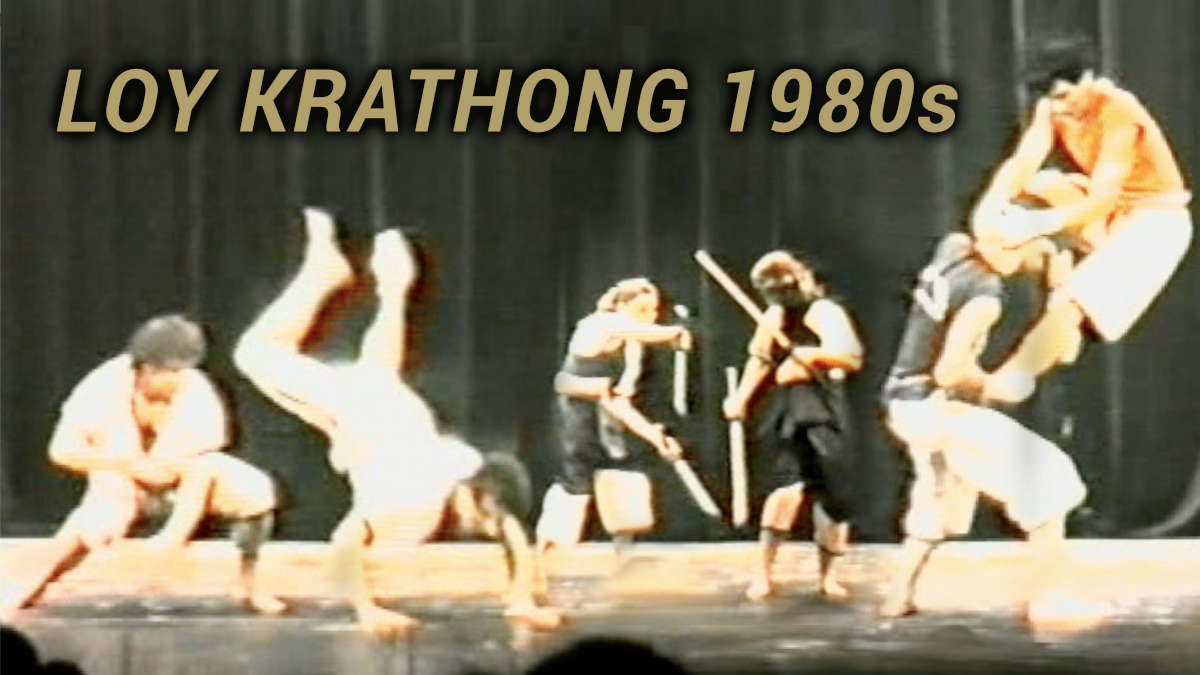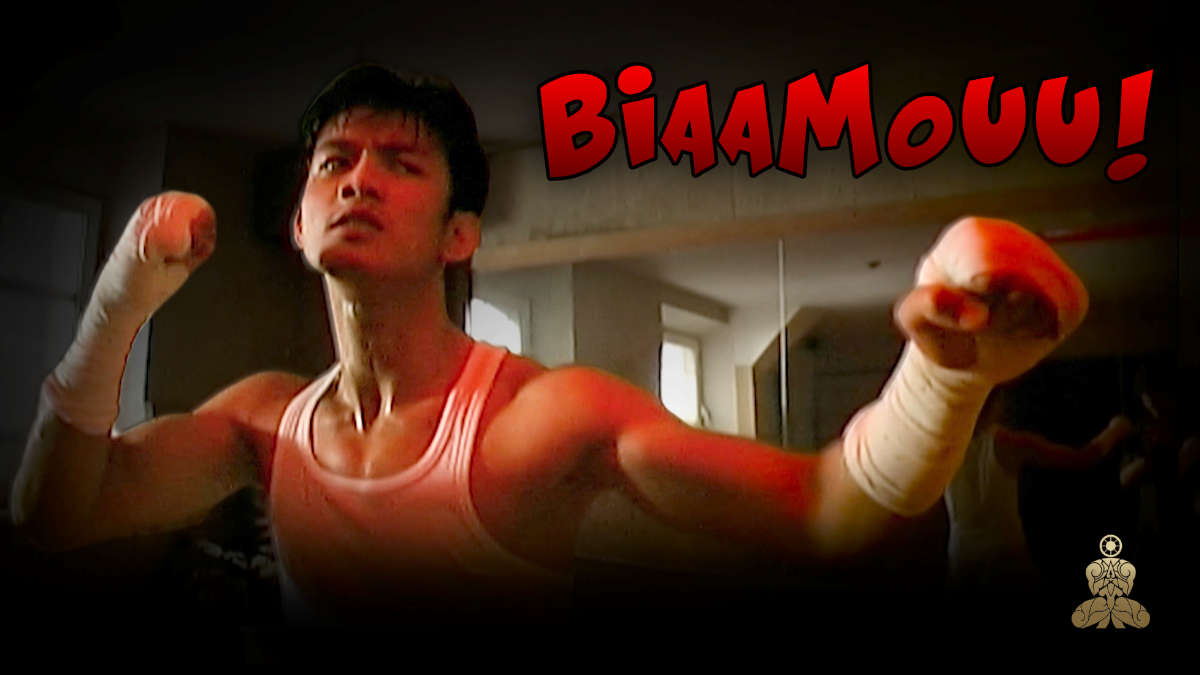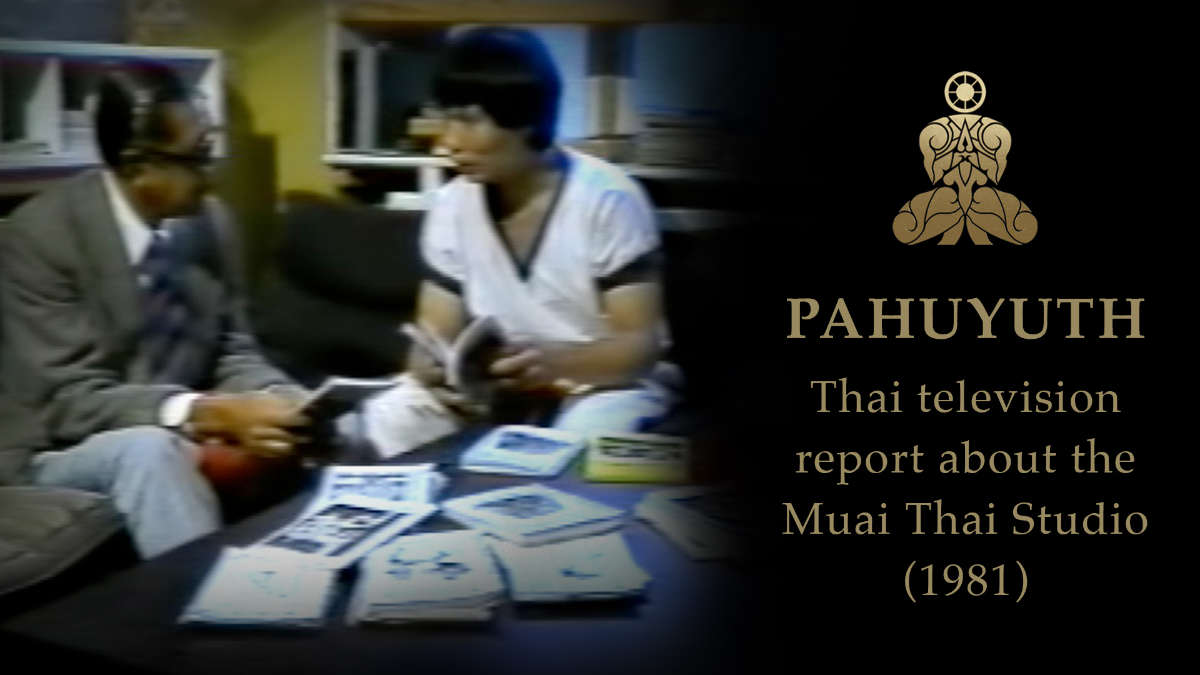Content
Historic Document – Letter from the Royal Thai Embassy of Aug-18 1980
On this page we share a document from the eighties in which the Department of Education of the Royal Thai Embassy expresses its joy, gratitude and admiration for the activities of the Muai Thai Studio, now known as the Pahuyuth School.
We don’t remember what the exact circumstances were, that led to this letter, but even today we are committed to the protection and preservation of traditional martial arts (Pahuyuth) and culture (that of the Free-Warriors) through education and information.
A transcription or translation of this document as well as additional information on the historical context can be found below on this page.
Transcription / Translation
Royal Thai Embassy
Department of Education
Am Michaelshof 6
5300 Bonn 2Doc. Sor Ror. 0713/1708 (Garuda-Symbol)
August 18th, 1980
Subject: Declaration to operate Muai-Thai Studio
Attention: (REDACTED)
Referencing your letter issued on 7th August 1980
According to the reference letter, you have submitted various documents and reports on the operation of the Muai-Thai Studio Institute. The Department of Education has taken note of this and is as much pleased as it is grateful, and full of admiration for the fact that you have managed to organise and operate this institute so well.
Besides allowing it to be a way to spread the Thai martial arts, it’s also a way to help foreigners become indirectly aware and understand Thai martial arts and culture.
We ask you to keep us informed and wish you every success in the future in the further course of your activities.
Sincerely,
(REDACTED)
(REDACTED)
Responsible supervisor
In the Federal Republic of Germany
Historical context
The Pahuyuth School was founded in 1975 as the “Muai-Thai Studio” in West-Berlin. It was the first school in Germany to make the then unknown “Thai martial arts” publicly accessible. Among the tasks of this school was to promote Thai sports combat (Muay Veti, Muay Thai, Thai boxing) and Thai culture in Europe, which is why at that time people often spoke of e.g. “Thai sports fighting”, the “techniques of Thai” and “Muai Thai” (with “i”, which is by the way the original spelling) instead of MUAI or PAHUYUTH.
Pahuyuth itself is not a sport and, strictly speaking, not even a Thai martial art (Thailand was only founded in 1939, a very long time after Pahuyuth came into being). Nevertheless, it is the origin of all Thai and many Southeast Asian martial arts and combat sports, which is why parts of the Pahuyuth (especially the MUAI) were used at that time to promote “Thai sports” and “Thai culture” in Germany and Europe and thus lay the foundation for many subsequent martial artists.
In 1989, the Berlin Wall came down, Germany was reunited and the Allied troops left Germany. Berlin’s special status was removed and the development of the Muai-Thai Studio took an even more authentic direction.
In the nineties, when Muay Thai or Thaiboxing had become sufficiently popular, also thanks to the decades of groundwork of the Muai-Thai Studio, the Muai-Thai Studio developed itself further into the “Pahuyuth School” as it is known today. The focus of the training shifted more and more to combat martial arts with and without weapons (Pahuyuth) as well as to the preservation and maintenance of the traditional Free-Warrior knowledge (Pahuyuth, Naturopathy and Saiyasart) and culture by education and teaching.
The focus on traditional martial arts and the ever-increasing number of publications by the Pahuyuth School indirectly led to the development of the Muay Boran in Thailand and to a growing interest in traditional Thai martial arts (e.B. Krabi Krabong) around the world.
To this day, the Pahuyuth School is regarded as an important trailblazer for the development of Thai martial arts in Europe, as well as a benchmark-setting pioneer and authority for traditional Thai martial arts worldwide. Its purpose is to protect and maintain the traditional knowledge and culture of the ancient Free-Warriors through education and information.
